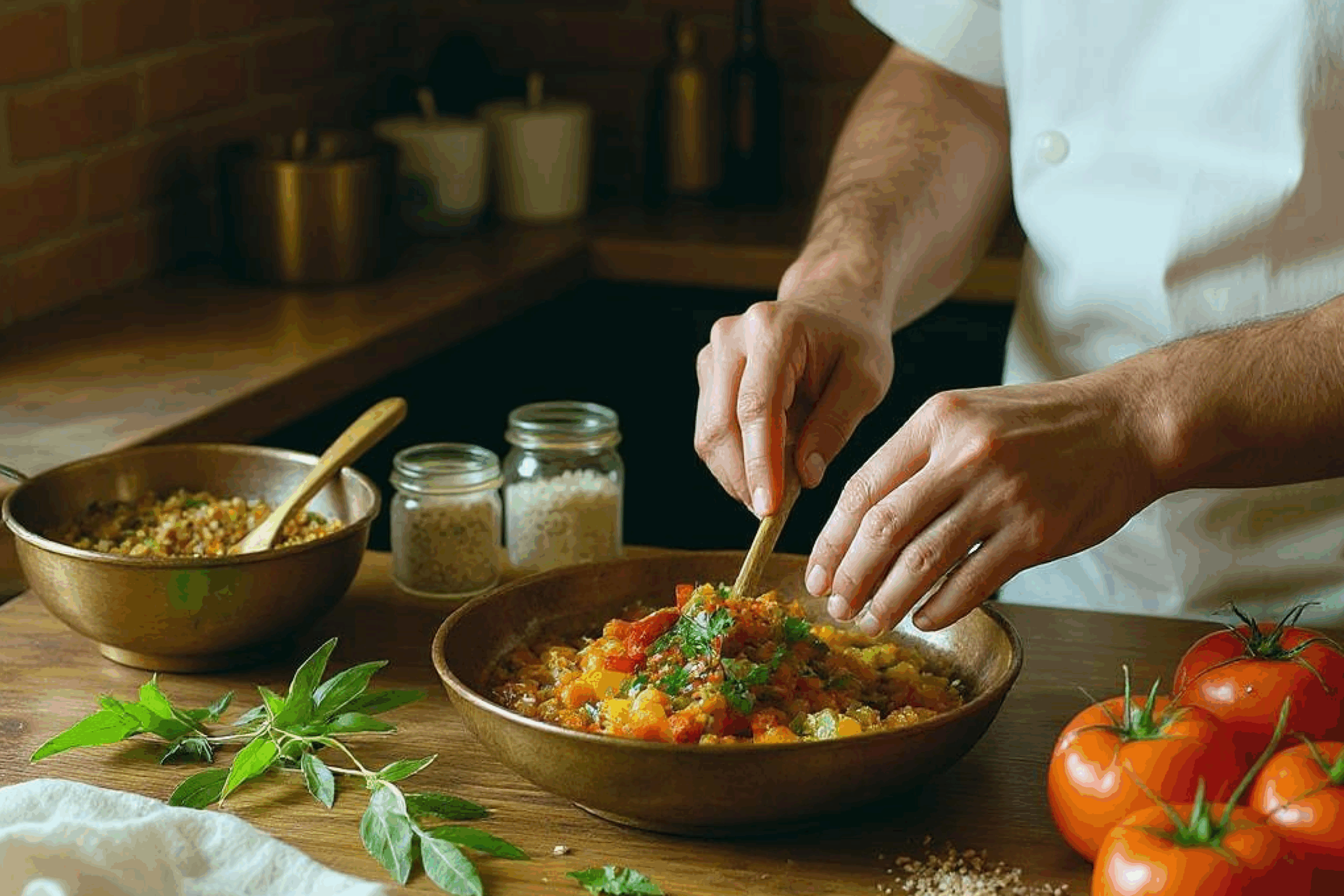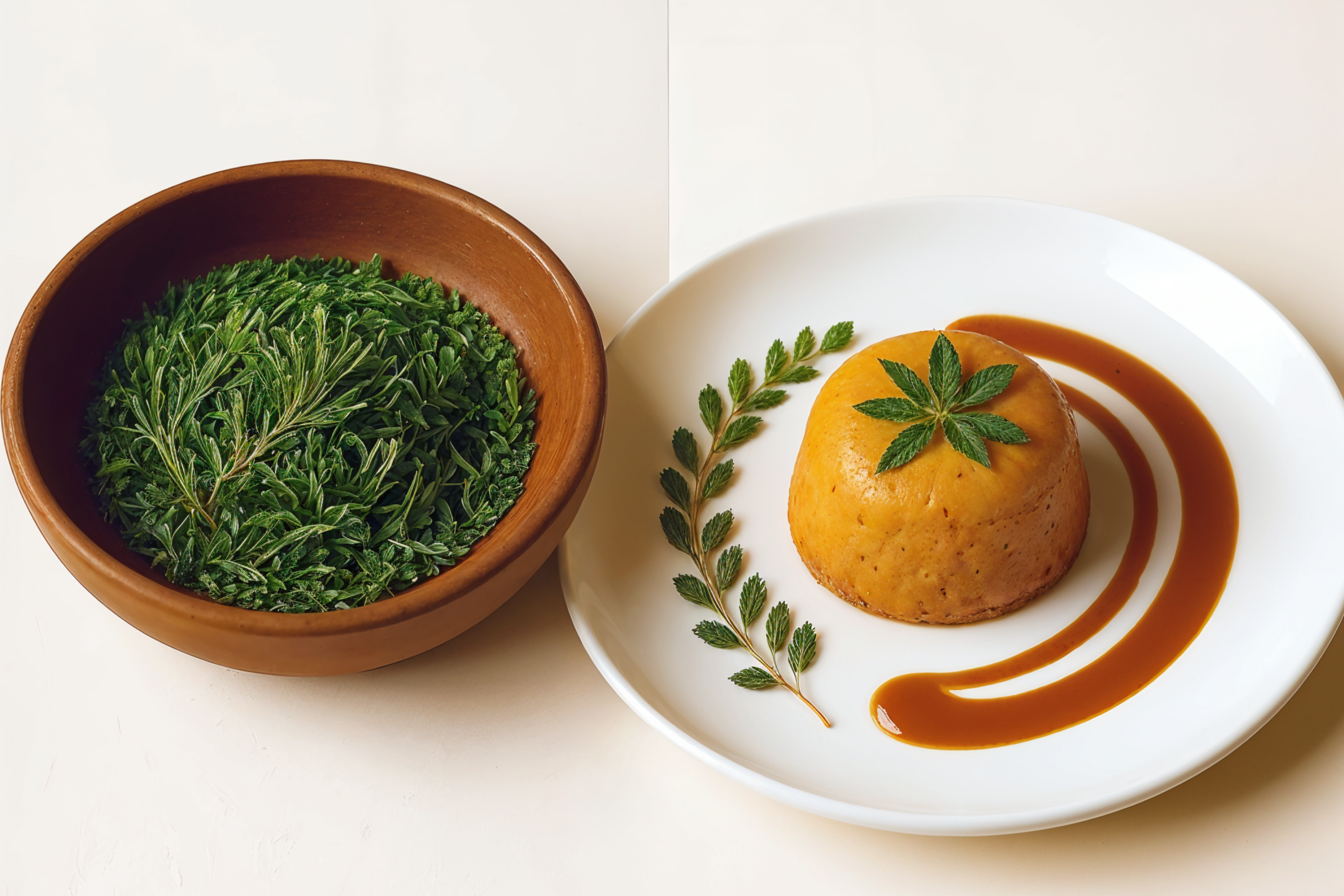In a world increasingly driven by convenience, shelf life, and mass production, we’ve drifted far from the soul of food: the culinary craft. Though formulated foods—the ultra-processed, engineered meals designed to mimic real food—may be efficient, they pale in comparison to the richness, nutrition, and humanity found in real cooking. Here’s why the culinary world will always have an upper hand.
1. Real Ingredients, Real Nourishment
Culinary cooking starts with whole ingredients—fresh vegetables, meats, herbs, grains—each with their own unique story, flavor, and nutritional profile. Formulated foods, on the other hand, are often stripped of nutrients and rebuilt with synthetic additives, preservatives, and lab-born flavors. What’s lost in that translation is not just nutrition, but trust.
Whole foods nourish the body, the way nature intended. No artificial colorant or “natural flavor” can replace the genuine health benefits of a tomato fresh off the vine or broth slowly simmered from real bones and vegetables.
2. Culture, Connection, and Craftsmanship
Culinary traditions are deeply tied to culture and identity. They are passed down through generations—not just as recipes, but as rituals that connect us to our roots. Whether it’s a grandmother’s Sunday stew or a street vendor’s age-old family curry, real food carries memory and meaning.
Formulated foods, by contrast, are engineered in sterile labs to cater to mass tastes, often without a cultural context. They may fill the stomach, but they rarely feed the soul.
3. Flavor Complexity and Artistry
No amount of artificial flavor enhancers can match the layered depth of a homemade dish. In culinary cooking, flavor develops through technique—caramelization, fermentation, reduction and seasoning. Chefs don’t just combine ingredients; they orchestrate them.
Formulated foods tend to favor bold, one-note flavors that hit quickly but fade fast. Culinary dishes evolve with each bite. There’s a reason why a slow-cooked ragù beats a rehydrated, freeze-dried pasta packet every single time.
4. Mindful Eating vs. Mindless Consumption
Preparing food from scratch fosters mindfulness. It invites us to slow down, pay attention to ingredients, and appreciate the effort that goes into a meal. Culinary food is an experience—something shared, savored, and celebrated.
Formulated food, by design, encourages speed and convenience. Pop it in the microwave, tear open the wrapper and eat on the go. That approach can disconnect us from what food truly is: a vital, living part of our lives and health.
5. Sustainability and Transparency
Chefs and home cooks are increasingly conscious of sustainability—sourcing local, reducing waste, respecting seasonality. Formulated foods often rely on global supply chains, excessive packaging, and opaque ingredient sourcing. When food becomes a product, it often loses its accountability.
By choosing culinary over convenience, we support farmers, local economies, and sustainable food systems that honour the earth.
In Conclusion: The Kitchen Is Where Life Happens
Formulated food may win on speed and scalability, but culinary food wins on everything that really matters—flavor, health, culture, and connection. Cooking is not just about eating; it’s about living well. The future of food belongs at the table, crafted one authentic meal at a time—not in labs.






Leave a Comment
Your email address will not be published. Required fields are marked *